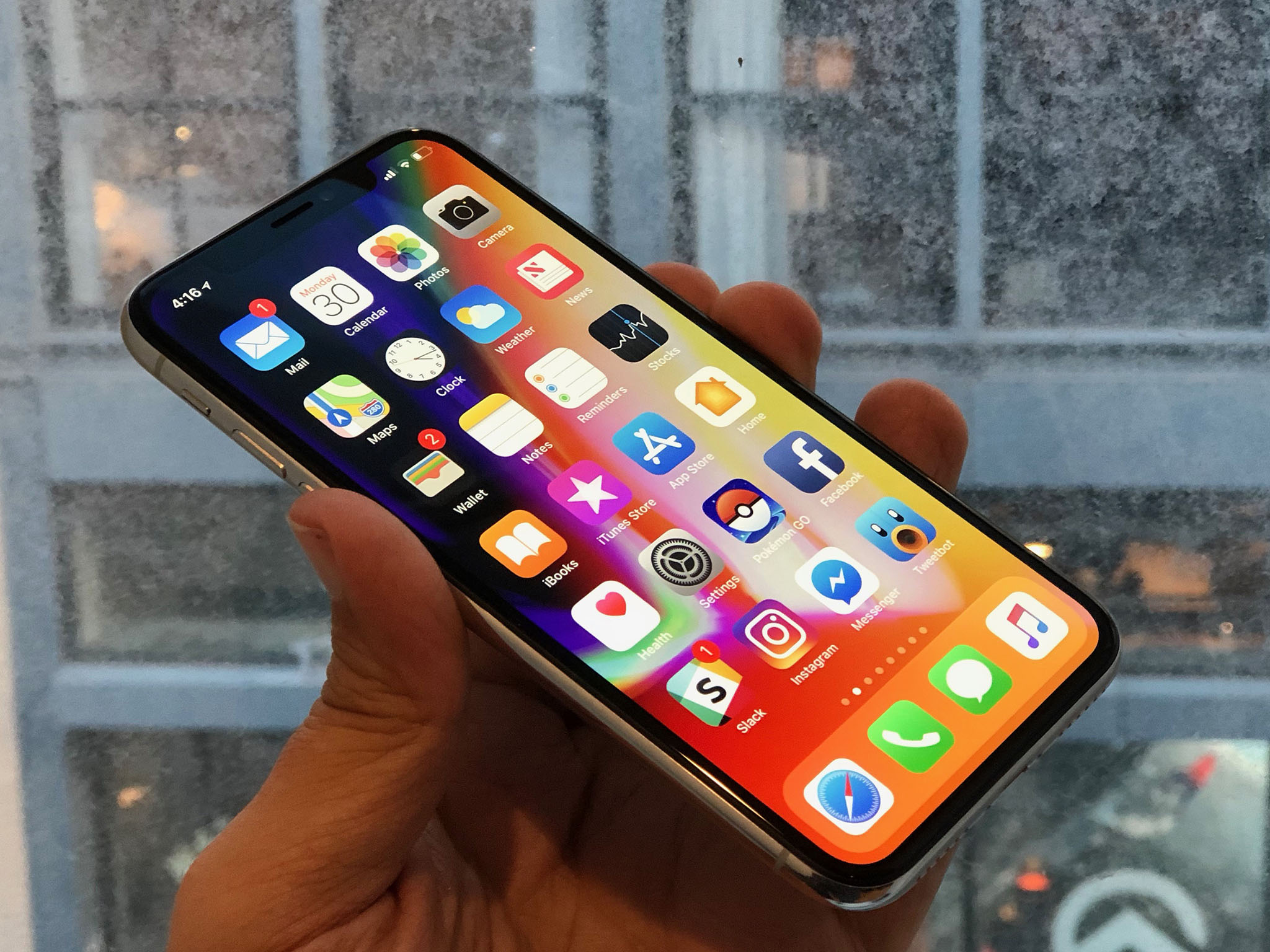Apple is developing an anti-spam app for India: Here's what you need to know

Apple got into a tussle with TRAI (Telecom Regulatory Authority of India) last year over an anti-spam app developed by the regulator. Unsolicited telemarketing and spam calls are rife in India, and the regulator created an app called Do Not Disturb to filter out such calls. While the app made its way to the Play Store just fine, it wasn't allowed on the App Store as Apple cited privacy issues.
Predictably, the regulator wasn't chuffed about its app being rejected, and started going on the offensive, labeling Apple's behavior as being "anti-consumer." After a year's worth of meetings and discussions with the regulator, Apple is now going to help the Indian government develop an anti-spam app tailored for iOS devices. Before we get into the details, a quick primer on TRAI's Do Not Disturb app.
What does TRAI's app do?
TRAI rolled out the first version of Do Not Disturb (DND) last year, relying on a crowdsourced approach that gave users the ability to easily report spam calls and texts. The regulator also built a spam detection engine for weeding out telemarketing SMSes. The main issue with DND — and the reason it was ultimately rejected from the App Store — was that it required a laundry list of permissions to run.
On Android, the app requires access to phone calls, contacts, and texts, which makes sense given that its goal is to identify spam calls. However, the app also asks for location and storage access, and it's the last bit that's worrisome. There's no reason for TRAI to require access to a device's storage, and the regulator hasn't exactly clarified why it needs this permission. TRAI chairman R S Sharma instead accused Apple of inaction:
While Google's Android supports our Do-Not-Disturb (DND) app, Apple has just been discussing, discussing, and discussing. They have not done anything.Nobody's asking Apple to violate its privacy policy. It is a ridiculous situation, no company can be allowed to be the guardian of a user's data.The problem of who controls user data is getting acute and we have to plug the loose ends. This is not the regulator versus Apple, but Apple versus its own users.
Google, for its part, has left the decision to users, stating:
We believe in openness and in the ability of users to make purchasing and downloading choices without top-down enforcement or censorship. Users are prompted with requests for permissions that they can choose to accept or decline.
Going on the offensive
The regulator also touched on the subject of data ownership, stating that if a user wants to willingly share information with a third-party (like TRAI), then he should have the ability to do so:
So basically you (Apple) are violating the right of the user to willingly share his/her own data with the regulator or with any third party of his/her choice. If a customer wants to share financial transaction data with his/her bank, for getting a loan, why should it not be allowed? This is what we call data colonisation.There is a more fundamental question about data ownership. While data privacy and data security are very important issues, there is also a fundamental issue about data ownership over here.
TRAI went so far as to call Apple "anti-consumer:"
iMore offers spot-on advice and guidance from our team of experts, with decades of Apple device experience to lean on. Learn more with iMore!
They are anti-consumer and they are really not caring for their customers who could have been saved from pesky calls and unwanted messages.An app seeking access to a user's personal information is nothing new. The DND app can only work if the user allows it to access its personal information like call record, messages, etc. When applications of Facebook, WhatsApp, LinkedIn, Zomato, etc follow the same procedure, then why differentiate with this app? This is like Apple will decide what its users' can access.The firm itself collects user data, but has reservations about others doing it. The Authority is analysing the issue as the app economy is un-regulated. We are looking at starting a consultation on this whole process of apps and companies sharing people's data and personal information.
Apple's solution
With Apple unwilling to give TRAI's app access to call logs, the regulator entered into a standoff that lasted over a year. Apple flew in execs to India to resolve the issue and go over "what is possible and not possible" with regards to the App Store guidelines, which TRAI labeled a "waste of resources:"
The whole exercise in organizing the proposed meeting would be a waste of resources ... please share concrete solutions that have a likelihood of addressing the issues we have been discussing over the past one year.
However, it finally looks like a resolution is in sight, as Reuters is reporting that Apple will develop "first version of the app" with limited capabilities for the regulator. For now, it sounds like TRAI is onboard with the solution:
They (Apple) will help develop an app which, to an extent, can solve the requirements.
Apple's decision to choose users' privacy over the regulator's demands is admirable, as is the company's decision to develop an anti-spam app that lets iPhone users in the country flag telemarketers with ease.
The clumsiest man in tech.

